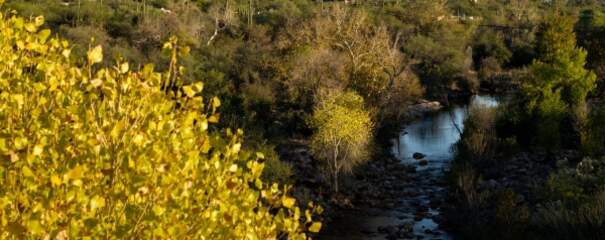It’s time for you to give feedback on a very important policy: a new ordinance regulating large water users in the city of Tucson. Last August, Tucson’s Mayor…
What's Happening at WMG
Latest Program Updates
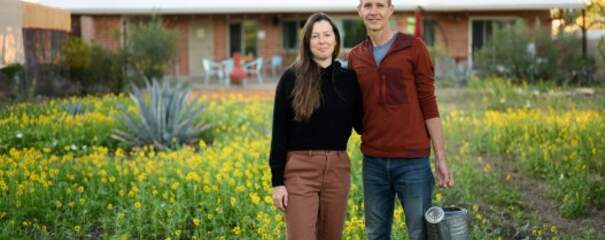
Out of Crisis, We Can Lead the Way in Colorado River Solutions
This past December, the Washington Post published the article: "The Colorado River is on the Verge of Crisis. No one has the solution." I’m writing to let you…
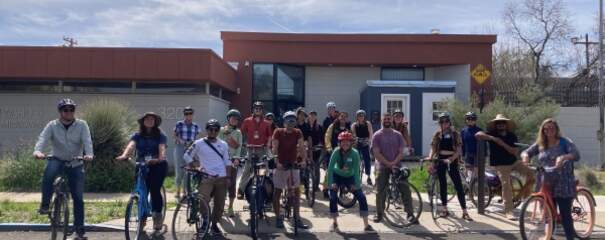
Yes to Sustainable Mobility, No to Props 418 & 419
In alignment with the position of Living Streets Alliance (LSA), Watershed Management Group recommends a no vote on Propositions 418 and 419, which…
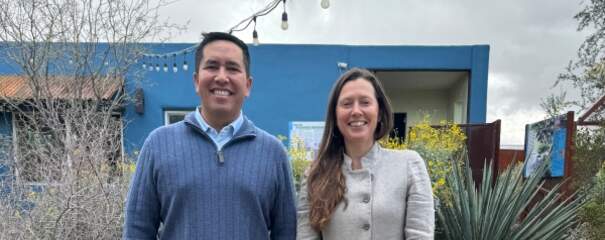
WMG Hires New Co-Executive Director
The Board of Directors of Watershed Management Group is excited to announce that Oscar Lai joins the organization February 17 as its first Co-Executive…
All Blog Posts
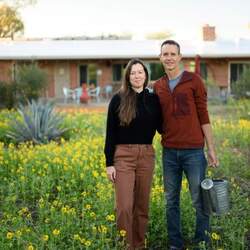
Out of Crisis, We Can Lead the Way in Colorado River Solutions
This past December, the Washington Post published the article: "The Colorado River is on the Verge of Crisis. No one has the solution." I’m writing to let you…
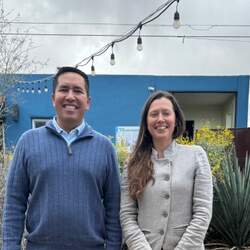
WMG Hires New Co-Executive Director
The Board of Directors of Watershed Management Group is excited to announce that Oscar Lai joins the organization February 17 as its first Co-Executive…
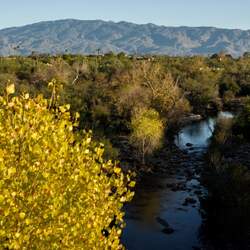
Let’s Strengthen Tucson’s Policy to Regulate Large Water Users
It’s time for you to give feedback on a very important policy: a new ordinance regulating large water users in the city of Tucson. Last August, Tucson’s Mayor…
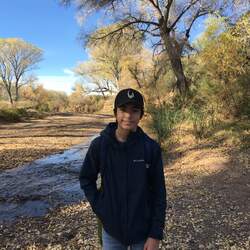
Becoming a Beaver Believer
Getting a 7th grader to do anything is a virtually impossible task. This is especially so when the thing in question is…
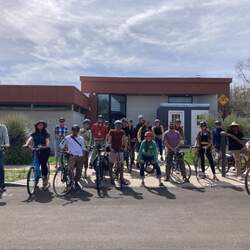
Yes to Sustainable Mobility, No to Props 418 & 419
In alignment with the position of Living Streets Alliance (LSA), Watershed Management Group recommends a no vote on Propositions 418 and 419, which…
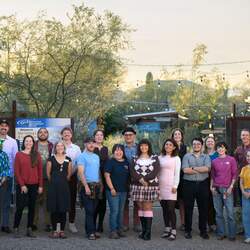
Watershed’s Top 10 Accomplishments for 2025
As we look back on the challenges and triumphs of 2025, we're thankful for the support of our community of water stewards and and proud of what we have…

Walking into What Was Drowned
Where the reservoir meets the sandy delta and boat travel is no longer possible, the journey continues on-foot. We proceeded up through the canyons, wading…

Apprenticeship Grads Shine as Staff
Nicole Parks and Nadira Mitchell, both now full-time Watershed staff members, transitioned smoothly into their current roles after completing apprenticeships…
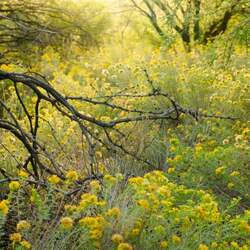
A Time of Change (and Continuity, Too)
Autumn is a season of change, and in some climates, the changes it brings can be dramatic–leaves changing color and falling, temperatures dipping, maybe even…
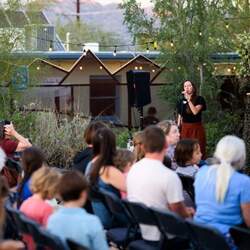
New Leadership Structure at Watershed Advances 50-year River Restoration Vision
Watershed Management Group’s (Watershed) board of directors is pleased to announce a search for a Co-Executive Director.…
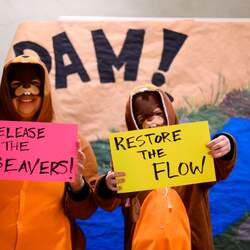
Our 7th Annual Beavers & Brews
What is Beavers & Brews? Hosted in Tucson, Arizona at…

Protect Our Water Future, What You Can Do About Project Blue
Despite the City of Tucson’s clear rejection of Project Blue, the developer, Beale, is continuing to move the project forward in other ways…
